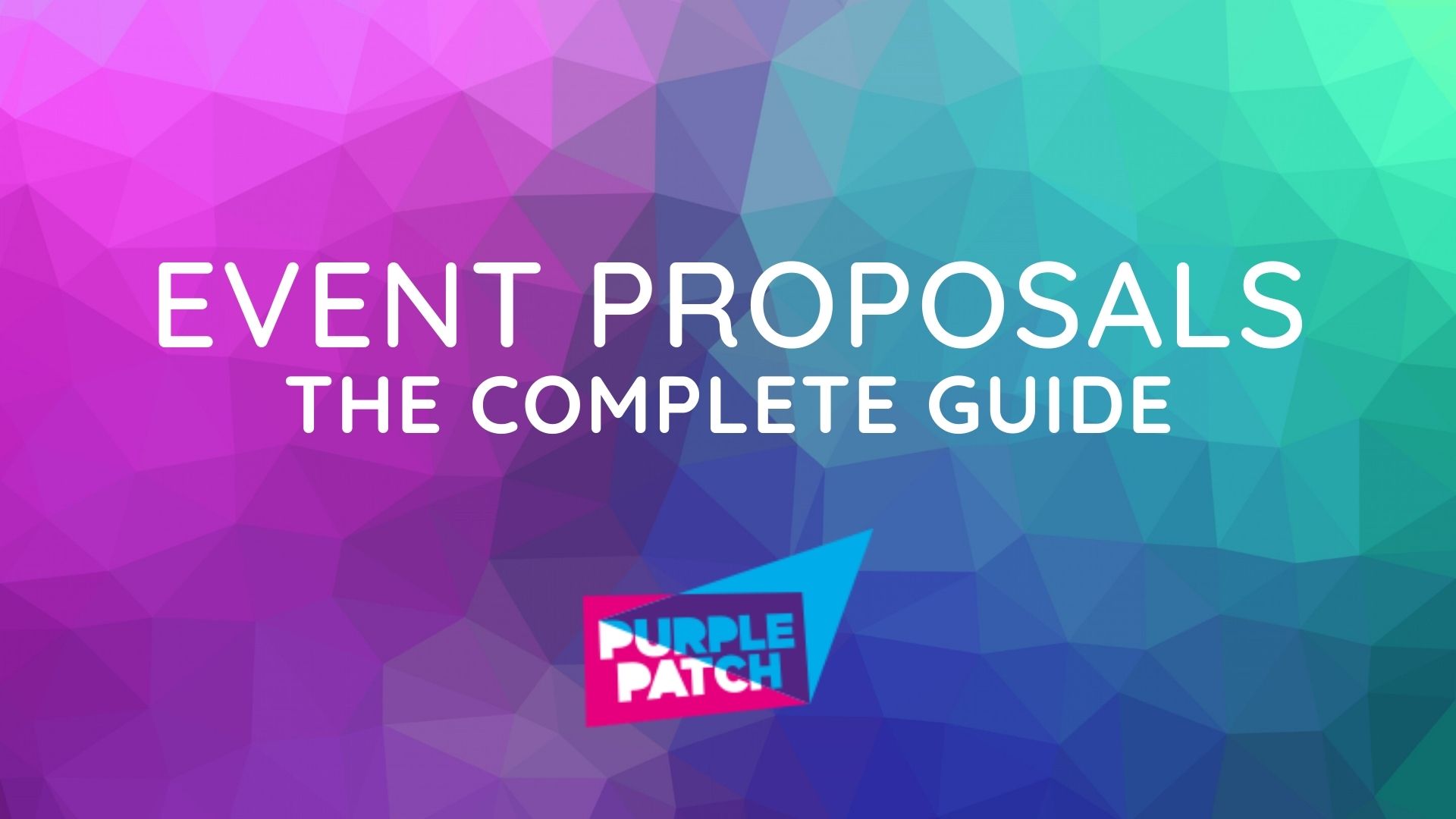This article was submitted by Victoria Rudi from Eventtia
How to Choose the Right Technology for Your Events
Planning an event used to be stressful, yet straightforward. You knew exactly what logistic and planning tools you could use and how to apply them for better results.
Nowadays, however, this has changed, along with the increasing confusion event professionals experience when trying to decide which technology to use when managing an event.
Biometric check-ins, virtual reality experiences, management software and platforms, branded apps and tools to evaluate the return on emotions by reading your attendees’ faces—these are only a few of the event technologies available on the market. No wonder why the choice paralysis is real.
Apart from being good at logistics and crisis management, organizers have to evaluate what technology is right for their events, and then learn how to use it.
With so many options on the market, this isn’t easy. To help you overcome this challenge, we’ve put together a list of criteria to follow when choosing a digital tool for your events:
Decide what you want to automate
The number one reason event technology exists is to ease up the logistics and help you gain more time when planning a conference, seminar, or trade show.
So before researching the digital tools that exist out there, you’ll want to list all the challenges and logistics you want to automate. For example, let’s say you’re planning a B2B networking event and spending almost all of your time on emailing your attendees back and forth to discover their interests, and then scheduling the meetings between them manually.
Apart from the massive time and effort, you’re putting into this activity, you’re also running the risk of not matching the offer and demand. A powerful digital tool, however, may help you automatize this entire process and minimize the time you spend on this to just a mere few minutes.
Or, for example, let’s say you’ve been registering your guests and then chasing them individually by sending them the invoice for the attending the event.
What if a digital platform can help you automate this? Know exactly what your struggles are and what you want to automate, and then research the event technology options available on the market.
Evaluate the degree of control over the event
The last thing you want is to purchase an event management platform or event mobile app and only have restricted access or not be able to customize it the way you want.
What you’ll want is to have full control over the planning and the event logistics.
Let’s say, for example, that you have to build a website. As we all know, event data can change overnight, which means your event website needs to be constantly updated. You don’t want to depend on third parties to make those changes. Good event technology will give you full access to the tool, as well as absolute control over the planning.
Analyze the learning curve
When choosing between different event technology brands and options, schedule a few demo calls. This is important not only for getting familiar with a platform or software, but also to evaluate a new technology’s learning curve.
Whenever you start using a new digital tool, you’ll need some time to learn how to use it. In this context, the learning curve refers to the time and effort you and your team will have to put in to learn the necessary skills needed to operate the new technology. The more sophisticated and difficult a platform is to use, the steeper the learning curve will be.
That’s why you’ll want to go for an easy-to-use and operative software. To understand the learning curve of new event technology, you can always ask the sales team (the team you’ll be most likely be having the demo call with) to explain how it works. Moreover, you can check their base knowledge resources to evaluate a digital tool’s level of difficulty.
Apart from that, before purchasing event management software, you can use the software’s free trial option and check if the technology is intuitive and user-friendly or not.
Ask about the software provider’s customer service team
Even if the learning curve of event technology is short and you’ll be able to integrate it into your processes quickly, you’ll want to make sure that you have the necessary support in case anything goes wrong or you have any questions.
That’s why it’s important not only to evaluate the efficiency and simplicity of a digital tool (whether it’s a platform or mobile app) but also the provider’s customer service department. Another important aspect to consider when choosing your digital tool is the technology company’s customer support department.
- Do they offer onboarding sessions?
- Will the team respond to your inquiries promptly?
- Will you have a specific contact person?
- Will the event tech company provide on-site support on the day of the event?
Make sure you know the answer to these questions when choosing your planning software or app.
Final thoughts
Choosing the right technology for your event is not easy. It may require plenty of demo sessions, evaluations, and free trials. However, once you’ve found what you need and you’re happy with your provider, know that you’ve won a lifetime partner that will make your work easier and will help you achieve your desired results. Good luck hunting for the right event technology.
Find out more about our event services.



